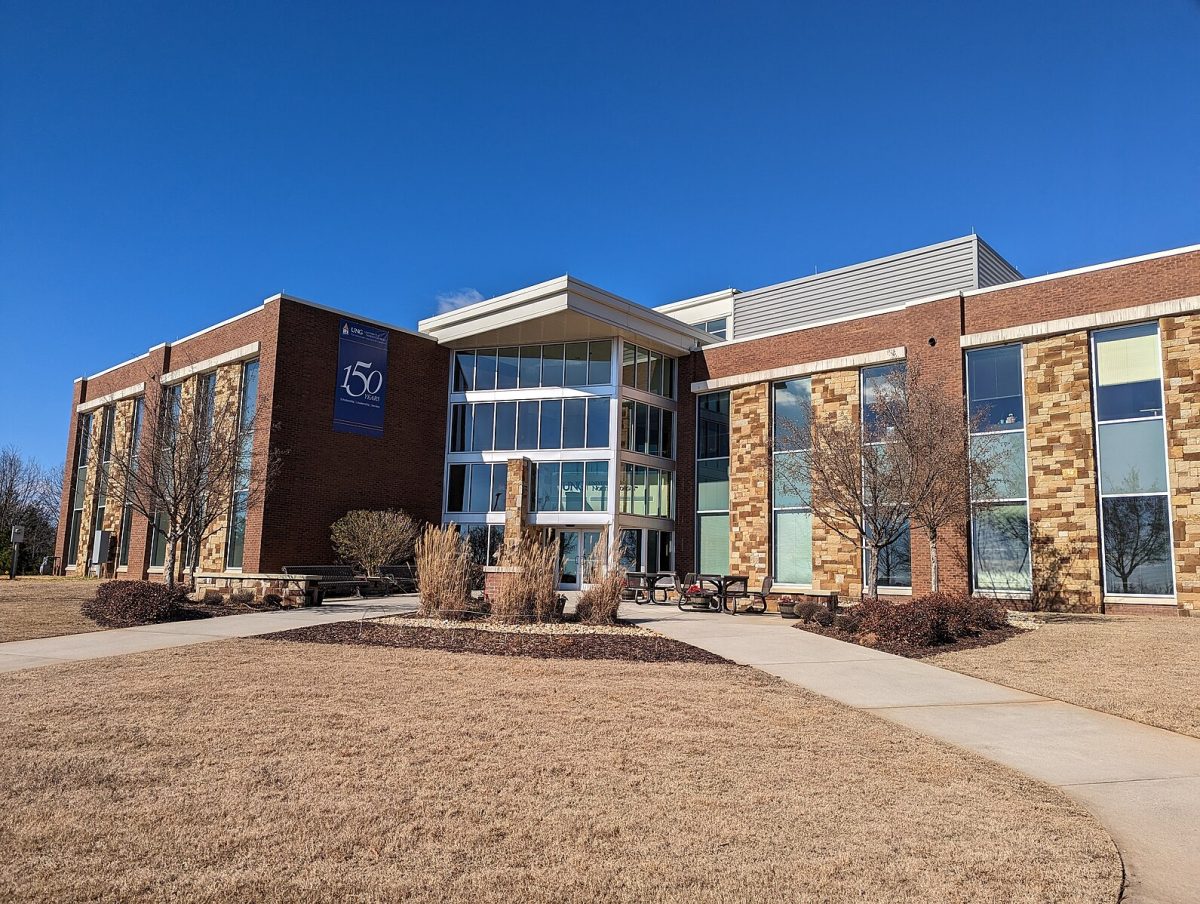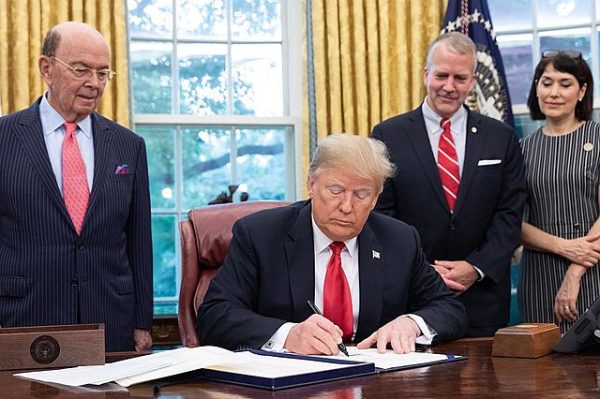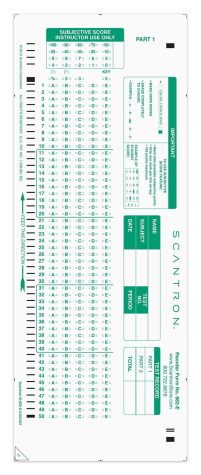Trump’s DACA plan full of unanswered questions
October 6, 2017
Children of undocumented immigrants now face strengthened barriers to achieving the American Dream. Attorney General Jeff Sessions announced on Sept. 5 that the Trump administration is rescinding protection provided to the group (nicknamed “Dreamers”) by the Deferred Action for Childhood Arrivals (DACA) program.
Trump insisted throughout his campaign that he would “make America great again,” yet he and his administration have evidently lost sight of the fact that America was made great by the work of immigrants. Lawmakers should return to making policies with the “melting pot” in mind.
Unless Congress takes action against the order, nearly 900,000 Dreamers nationwide will lose job permits, driver’s licenses, homes and legal resident status. Although DACA recipients are not native to the U.S., they all arrived here before they were 16 and many have no memories of their country of origin. They are essentially Americans.
There are over 25,000 Dreamers living in Greater Atlanta, several of whom attend Grady High School. If Congress were to remain inactive in the face of Trump’s executive order, our peers would live under constant threat of deportation and will face a future void of job opportunities. If they plan to attend college, they would have to pay out-of-state tuition to public universities, many of which would not accept them due to their undocumented status.
Many undocumented immigrants fled to the United States from gang violence in Central America, the region with the world’s highest murder rate outside of a war zone. Because of this, many of the migrants are functionally refugees. It would be as morally reprehensible to deport Dreamers back to the hazards in their native countries as it would be to send a refugee child back to Syria or Somalia.
Anti-immigrant nativists accuse Dreamers of taking American jobs and taxpayer money, yet statistics prove Dreamers boost our economy. The Center for American Progress estimates that ending DACA will cost the U.S. $460.3 billion over the next decade. Dreamers create businesses at twice the public rate, and, according to a report by the National Academy of Sciences, Engineering and Medicine, immigrants have little to no long-term negative effects on wages and employment of native-born workers.
In his announcement, Sessions associated Dreamers with “risk of crime, violence and terrorism.” Though anecdotes of individual lawbreaking immigrants have led some to perceive them as criminals, the Cato Institute found that Dreamers are incarcerated at lower rates than native-born Americans of the same age and educational level. Moreover, criminal record holders are ineligible to receive DACA.
Sessions and other conservative lawmakers claim the policy is unconstitutional, but courts have yet to rule against it. In reality, ending DACA is a political move intended to attract voters by appealing to nationalist sentiment. A Politico poll suggests that repealing will fail: 76 percent of Americans and 73 percent of Trump supporters think Dreamers should retain legal resident status.
President Trump urged Congress to pass a replacement for DACA in the next six months. Failure to do so would indicate that nativist fear-mongering can sway lawmakers more than facts or the concerns of their constituents and the well being of nearly a million people.











